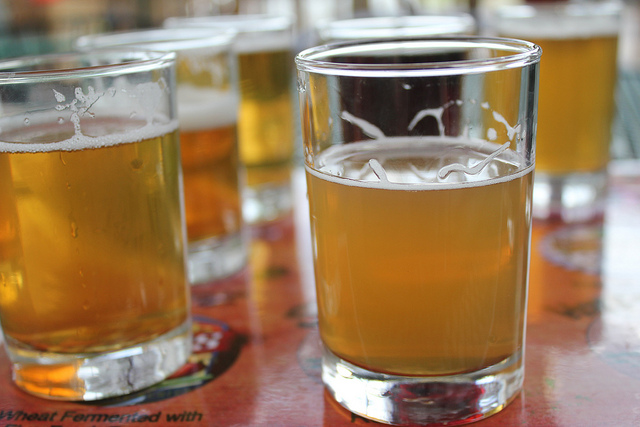The state of Pennsylvania has been trying for months to come up with a way to fill the $1 billion budget gap, with the subject of gaming included in discussions. State legislators have considered expanding casino gaming in a variety of ways, from going online to offering gaming options in local airports. Another consideration that was actually passed into law involved the 12 state casinos and liquor sales.
Legislators thought that it would be a good idea to offer casinos the opportunity to sell liquor on a 24 hour a day basis. Casinos would pay a $1 million licensing fee to do so and with all 12 casinos participating, the state would automatically earn $12 million. In June, a new liquor law was passed that was set to generate funds for the state, including the 24 hour liquor sales opportunity for casinos. The law will not take effect until the 8th of August but casinos have shown no interest.
Casinos in the state can currently sell liquor all hours of the day except from 2 a.m. to 6 a.m. None of the casino seem to be willing to pay $1 million to pay for the opportunity to sell liquor for four additional hours in the day. Mark Juliano, the CEO of Sands Casino, stated that the casino was not going to pay $1 million to be able to sell alcohol after 2 a.m. and the CEO doesn’t think that other casinos will be interested as well, according to The Morning Call.
The new bill would require casinos to pay $1 million a year to renew the 24 hour liquor license for a total of four years. After four years the fee for renewal would drop to $250,000. Since there has been no interest by casinos to pay for 24 hour sales, legislators are planning on going back and adjusting the liquor law in September when session resumes.
A change to the bill has already been written that would knock the fee down to $500,000 and the renewal fee set at $250,000 which would give the state only $6 million for 2016, but should also include other ways to generate revenues. Originally the new liquor law was expected to generate $149 million which is expected to still happen. House Appropriations Chairman William Adolph’s aide, John O’Brien, stated that there will be things in the measure that will help to maintain the overall $149 million in gains from the bill.
Casinos do not seem to be interested due to the fee set as well as having to hire more staff to be able to serve and regulate sales. Casinos also do not want the liability concern that comes with alcohol sales during an extended time frame.



